The views expressed in our content reflect individual perspectives and do not represent the authoritative views of the Baha'i Faith.
Any musical innovation is full of danger to the whole state, and ought to be prohibited. When modes of music change, the fundamental laws of the state always change with them. – Plato
By the power of the Holy Spirit, working through his soul, man is able to perceive the Divine reality of things. All great works of art and science are witnesses to this power of the Spirit. – Abdu’l-Baha, Paris Talks, p. 85.
Ye shall overcome if ye faint not. – Galatians 6:9.
You’ve probably heard this one before: Art can change the world.
Do you believe it?
In this short series of essays, I’ll try to convince you it’s true, mostly by using the example of music.
Many people don’t think art can change the world—even artists have told me they don’t believe it. A well-known painter asked me once “How can you expect a painting to change the world? That will never happen.”
Even musicians I’ve known say “Songs are only entertainment—they don’t change anything!”
Well, I beg to differ. Of course, some art only entertains—but great art transforms.
And I offer, as Exhibit A in this discussion, the powerful and lasting impact of music on social change.
If you really take a penetrating look at it, you can see that music has been at the forefront of just about every major social change in our recent history.
Why? Well, change doesn’t happen without awareness, first and foremost—and music makes awareness happen. Music, especially songs of social protest and social change, has always served as a platform for artists to communicate injustice. Why else would Plato say that musical innovations ought to be prohibited? He understood the power of art and music to alter perceptions, increase awareness and bring about mass movements that empower real social change.
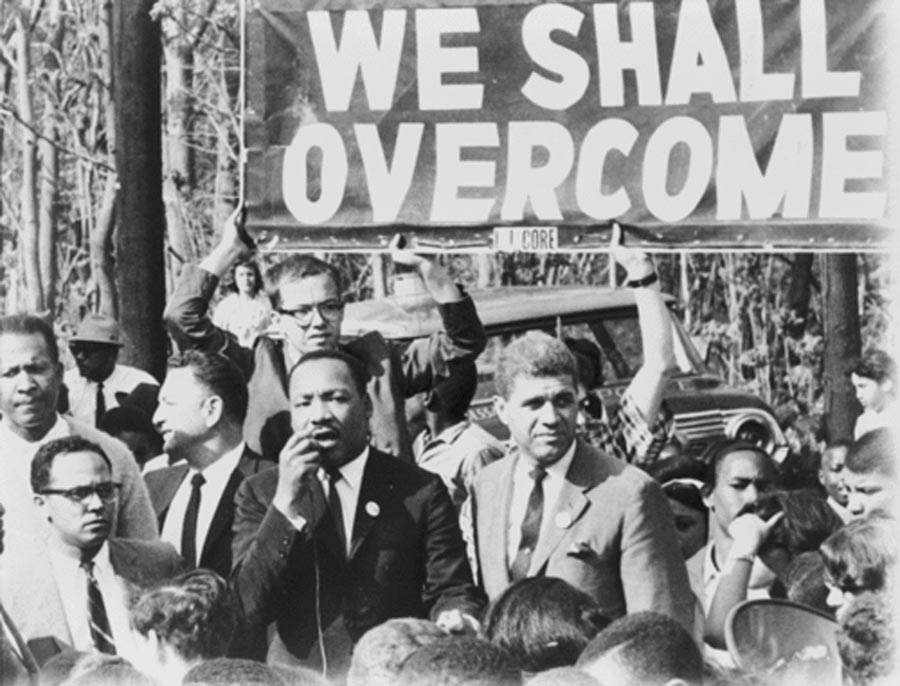 Just think, as only one example, about the song We Shall Overcome.
Just think, as only one example, about the song We Shall Overcome.
That song never climbed up the pop charts. No one who recorded it ever made it into a commercial hit. But it became a universal anthem, a freedom song that united people in the civil rights cause.
We sang that song in union halls, in auditoriums, in church basements, in jails and in protest marches. When we sang it, we linked arms or held hands or swayed in unison. That song, and many others like it, caused something to happen that hadn’t occurred very often before: it brought black people and white people together. It resulted in the public expression of a previously private hope for love, unity and the abolition of prejudice. It allowed us to touch one another, both physically and spiritually.
That’s what music does—touch our hearts, raise up our souls and connect us to each other. With music, we can lift our voices and shout our aspirations to the heavens. Great orators do that—Dr. Martin Luther King, Jr. certainly did—but those without his level of articulate advocacy can be his back-up singers, the choir of social change.
Why does music serve that noble purpose? The Baha’i teachings say it like this:
We, verily, have made music as a ladder for your souls, a means whereby they may be lifted up unto the realm on high… – Baha’u’llah, The Most Holy Book, p. 38.
…musical melodies form an important role in the associations, or outward and inward characteristics, or qualities of man, for it is the inspirer or motive power of both the material and spiritual susceptibilities. What a motive power it is in all feelings of love! When man is attached to the Love of God, music has a great effect upon him. – Abdu’l-Baha, quoted in “Herald of the South,” January 13, 1933, pp. 2-3.
So from a Baha’i perspective, music touches the human soul’s deepest spiritual susceptibilities. That’s probably why it plays a central part in all mass movements, forming the soundtrack of social change.
Nobody knows the exact origins of We Shall Overcome, but many think it came first from an old Baptist gospel hymn by choir director Louise Shropshire, “If My Jesus Wills“, composed sometime between 1932 and 1942 and copyrighted in 1954. The current version probably emerged from the Highlander Folk School in Monteagle, Tennessee, an adult education school that initially trained union organizers in the 1930s, and then began training nonviolent civil rights activists (like Rosa Parks and the members of SNCC, the Student Nonviolent Coordinating Committee) in the early 1950s. Some trace it even further back, to one of America’s first mixed-race groups, the United Mine Workers, whose February 1909 journal said: “Last year at a strike, we opened every meeting with a prayer, and singing that good old song, ’We Will Overcome.”
But no matter what its origins, We Shall Overcome has powered movements for social justice and equality for more than a century. In Bangladesh, in Czechoslovakia, in Ireland, in India, in South Africa, the song has transcended the American civil rights and labor movements and become a universal anthem of freedom. Huge crowds sing it, hoping that it will help them overcome tyranny and oppression, that it will lead them to real harmony and unity:
What a great blessing it is when the torrents, streams, currents, tides, and drops are all gathered in one place! They will form a great ocean and the real harmony shall overcome and reign in such a manner that all the rules, laws, distinctions and differences of the imaginations of these souls shall disappear and vanish like little drops and shall be submerged in the ocean of spiritual unity. – Abdu’l-Baha, Star of the West, Volume 4, p. 36.
Next: Did Rock ‘n Roll Integrate the Races?
You May Also Like
Comments



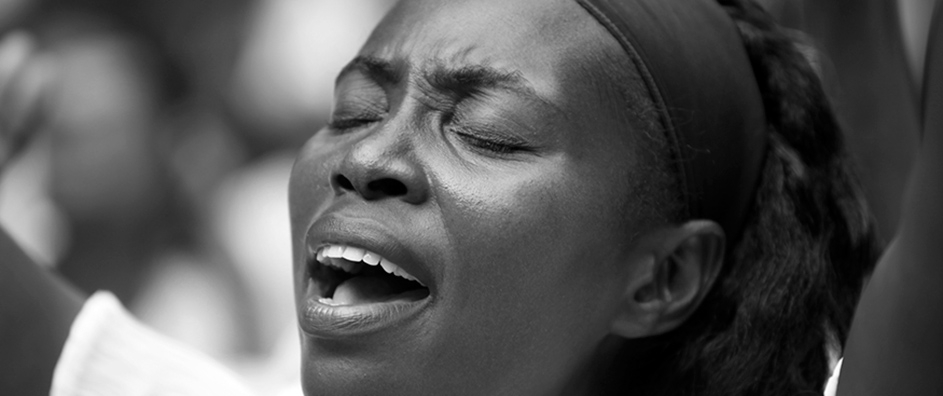

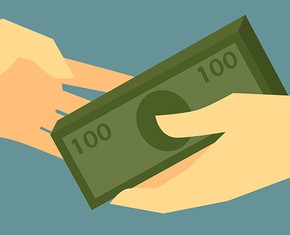
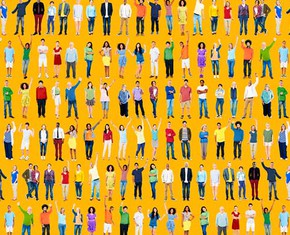

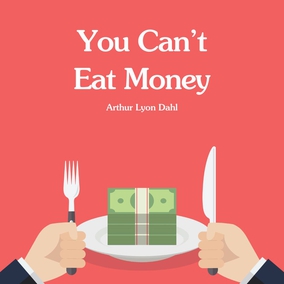








Notwithstanding the comments above I do belief "we shall over come".